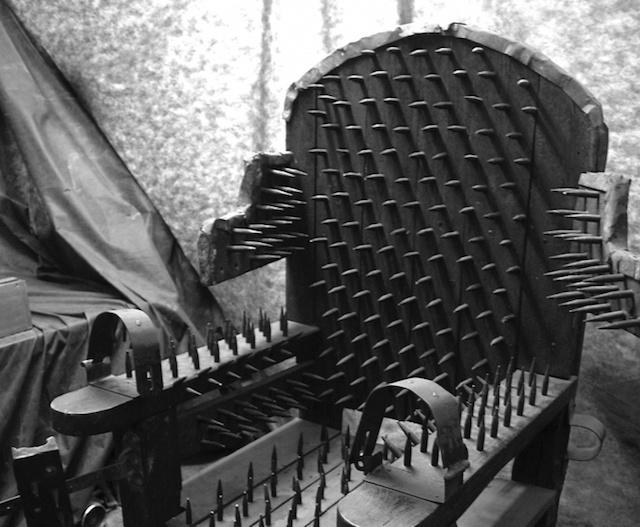If you get to a point in your classroom, when you feel that you’ve solved all the problems, that you’ve really got a handle on multicultural ed, then you’ve got a problem (paraphrased from David Sheakley’s contribution to discussion). His words so eloquently stated something I think sums up what teachers need to know about racism, white privilege, and multicultural education. So many of the issues discussed today boil down to an uncomfortable conversation, an uncomfortable reality, and an uncomfortable call to duty. As a white person, it isn’t comfortable to confront the fact that I didn’t get to where I am based solely on merit. It isn’t comfortable to acknowledge that I can be complicit in the racist society we live in. It isn’t comfortable to know that there is very little I can do as an individual to change the system. However, understanding that uncomfortable reality helps me think about what conversations I can have in my classroom, what impact I can have on my students, what I DO have control over.
Often, confronting difference and addressing some of these issues is just as uncomfortable as passively acknowledging them. But I think ultimately it is the differences that help us learn the most about ourselves and about complex thinking and problem solving. Of course, there is a good way to scaffold this discomfort in a classroom, but it should be welcomed in a multicultural classroom. The comforting thing about the issues spoken about today is that they are social constructs. Racism and white privilege aren’t real, but created by human norms and systems, which means over time, they can be changed. I like to think that we, as educators, have an immense amount of power and impact on making that change happen for the next generation, by welcoming discomfort in our classrooms.
Living Uncomfortable

Sophia- This reminds me of one of the words another group used today in response to the “construction of race” … “deconstruction.” Great to be making these connections!
Sophia, I too really liked David’s comment in class today. It hit a cord with me as well. I like how you stated at the end of your post that we have an immense power, as educators, to make change happen by welcoming discomfort into our classrooms. I don’t remember ever having hard or uncomfortable conversations in my classrooms growing up. It wasn’t until college when I was choosing to take classes that discussed topics such as racism and privilege that of course I began to feel that uncomfortable feeling. Thanks for sharing.
Sophia – very well put. I like your phrase, ‘scaffolding discomfort in your classroom.’ Just a reminder to me that we need to be intentional about how we go about discussing these issues.